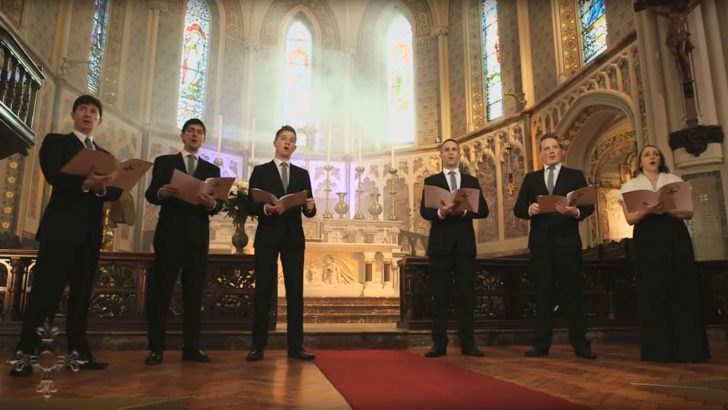The Masses of Seán and Peadar Ó Riada: Explorations in Vernacular Chant
by John O’Keefe
(Cork University Press, €49.00)
Music and Society in Cork, 1700-1900
by Susan O’Regan
(Cork University Press, €39.00)
Ina Boyle 1889-1967: A Composer’s Life
by Ita Beausang, with an essay on the music by Séamus de Barra
(Cork University Press, €29.90)
The vocation of a composer in Ireland has never been an easy one, as audiences and opportunities in a comparatively small society have posed problems since the emergence of the modern manner of composition and performance in the early 18th Century. These three books deal with aspects of Irish musical life, including the composition of music for religious use and with religious themes.
The book on the Ó Riadas, father and son, published to mark the half century since the issuing of the Vatican II instruction on liturgical music, Musicam Sacram, discuses Seán Ó Riada’s mass Ceol an Aifrinn, with its by now classic settings, including the universally popular ‘Ag Críost an síol’, and other works by him and his son.
The author points out that the Church’s own move towards the use of local and vernacular forms of celebration and music (as for example in the then celebrated Missa Luba of Fr Guido Haazen and ‘Les Troubadours du Roi Baudouin’, with its vibrant rhythms of African joy for the gospel) – coincided with Seán Ó Riada’s own exploration of the potential of the Irish traditional airs for the classical composer.
Seán Ó Riada wrote his two masses for the community of Cúil Aodha, rooted in the traditional culture of the Gaeltachta; but John O’Keefe considers the compositions in the much wider context of western liturgical music since the Middle Ages.
Ó Riada’s genius is rightly celebrated, though (as I recall) there was less enthusiasm among many his admirers for Vertical Man. For all those who struggle with the task of maintaining liturgical music in the context of today’s parish life, John O’Keefe’s book will be an important inspiration.
The deep background to the matter and modes of modern Irish music is explored in the provincial setting of Cork by Susan O’Regan.
So much discussion of cultural affairs concentrates all too often on events in the metropolis of Dublin, though we have to admit that to call Cork ‘provincial’ may well be a little unkind to a city whose citizens have always been aware of and proud of their local achievements.
The book contains a chapter concerning Catholicism and music in the course of the 19th Century – an earlier one had discussed the use of music in the Church of Ireland down to 1820. But Church music has to depend on a musically-educated and aware audience, and the book explores many aspects of this in Victorian Cork.
To those for whom Cork’s literary heritage is an open book, this book will be full of surprises. After all, Joyce acquired his love of music from his Cork-born father who was an enthusiast for many kinds of music, from ballads to grand opera.
The biography of Ina Boyle, born a mere seven years after Joyce, which the publishers rightly say is long overdue, continues that story of theme of music and musical life down to the transformative decade of the 1960s – she died in 1967.
In her lifetime she had influential supporters in Adrian Boult and Vaughan Williams, but was frustrated by her family circumstances. Freed at last in 1951 by the death of her father, she blossomed.
She was one of Ireland’s most prolific composers, and left a permanent mark on Irish cultural history as the first Irishwoman to undertake a symphony, a concerto and a ballet, as the author recounts.
These three books, finely crafted as Cork University Press’s publications always are, reveal the varied nature and interwoven strands of Irish music as a whole, whether liturgical, secular, classical, or indeed, as a life’s vocation.


 Peter Costello
Peter Costello
